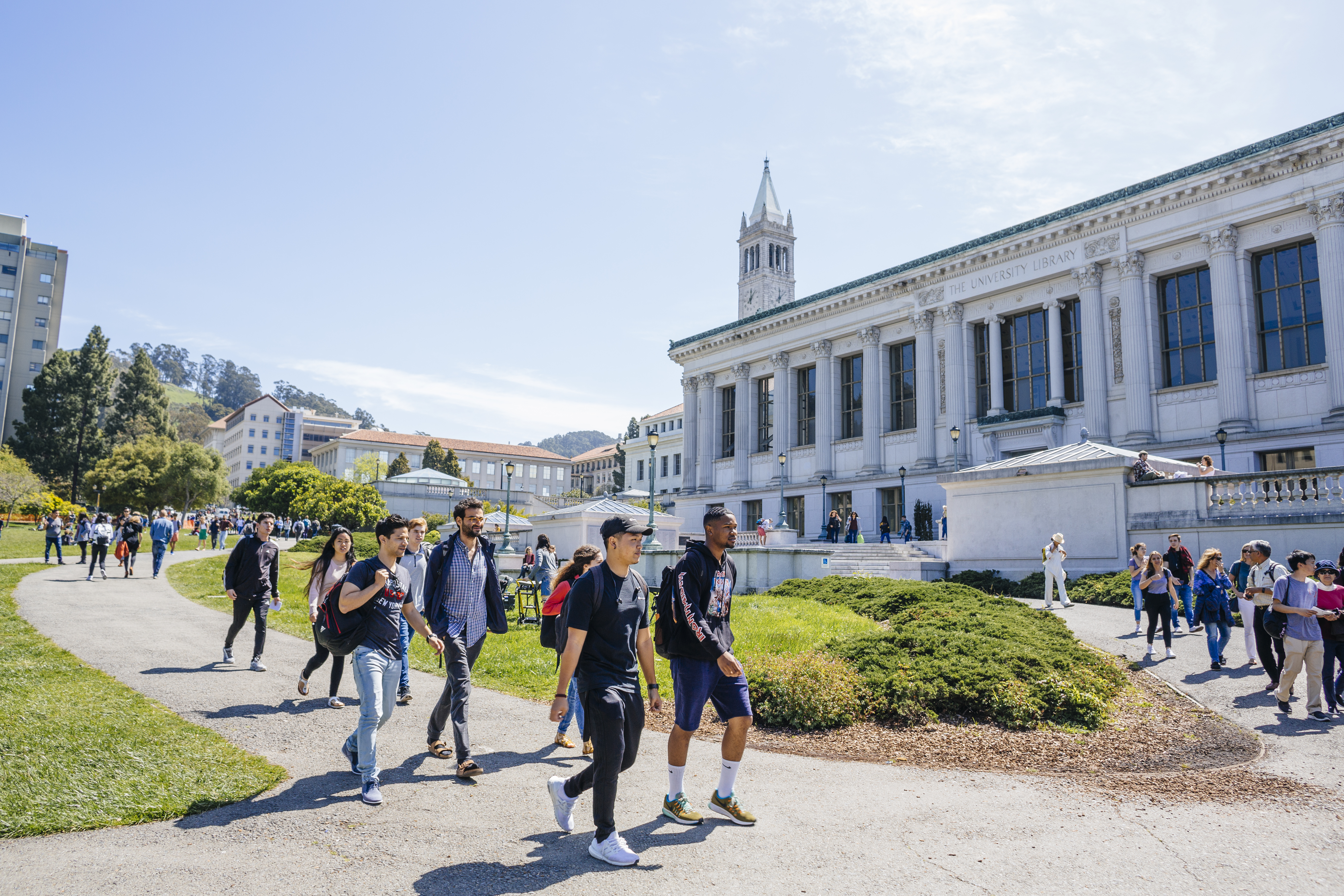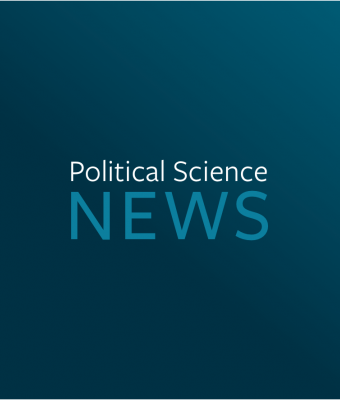Course Description
Are you interested in, or even just curious about, earning a PhD in political science or a related
field? Great! Berkeley’s Political Science Department is thrilled to announce a new initiative to
help undergraduate students learn about pursuing a PhD in political science.
This initiative is designed to help students learn about what it means to earn a PhD in political
science and how to prepare for and apply to PhD programs. The goal is to build a community of
undergraduate scholars who will be connected with each other and with faculty and graduate
students at Berkeley. Students will learn about political science research, ways to prepare to be
a competitive PhD applicant, and receive support and advice on the application process.
The program is open to students who are in at least their second year of college studies. The
program is focused on helping students from historically minoritized or underrepresented
groups, including but not limited to, non-cis-gendered individuals, members of the queer
community, BIPOC (Black, Indigenous, and People of Color), Latinx, individuals who are
differently abled or who experience disability, first-generation college students, and those from
low-income / low-resource backgrounds.
Students who are selected for the program will participate in a series of workshops throughout
the semester, will be advised on pursuing research opportunities as an undergraduate, and will
have the opportunity to receive mentoring from graduate students and faculty. Students may
earn one credit unit for completing the program.
Please apply here: https://forms.gle/cWkLZPXAwUuS3H1d7
Applications will be evaluated on a rolling basis, but to have the best chance and to be considered for the first wave of admissions please submit the application by Friday, October 8, 2021. Applications will be accepted through the end of Phase 2 on January 9, 2022.


